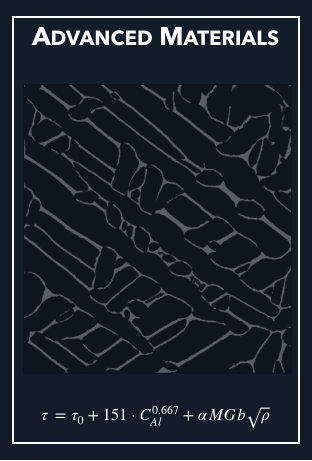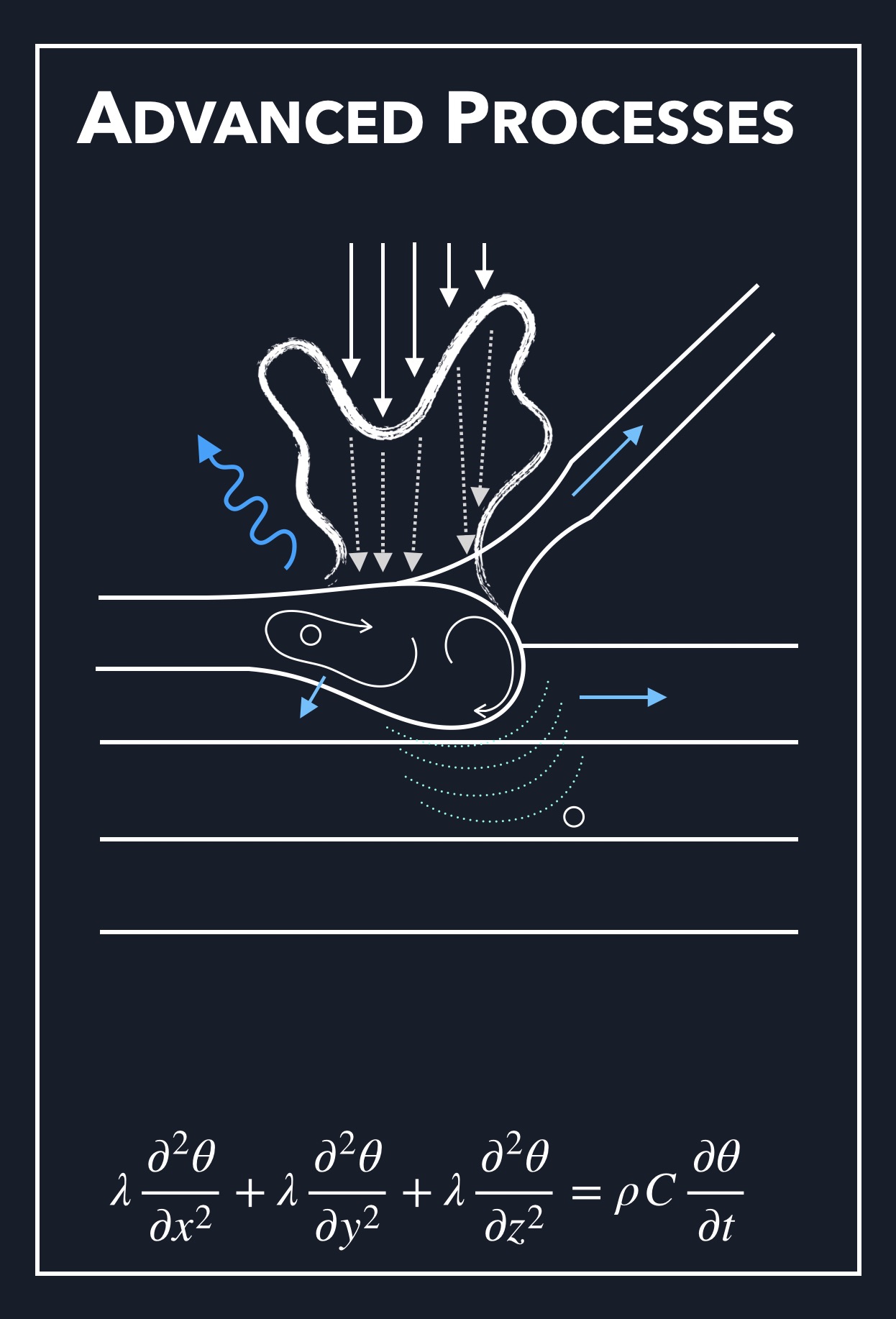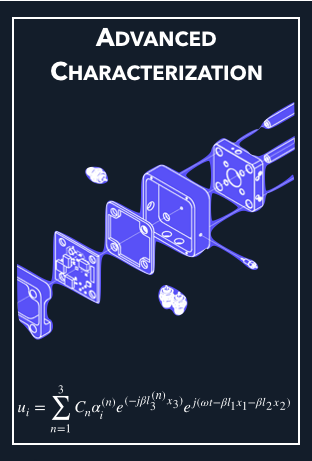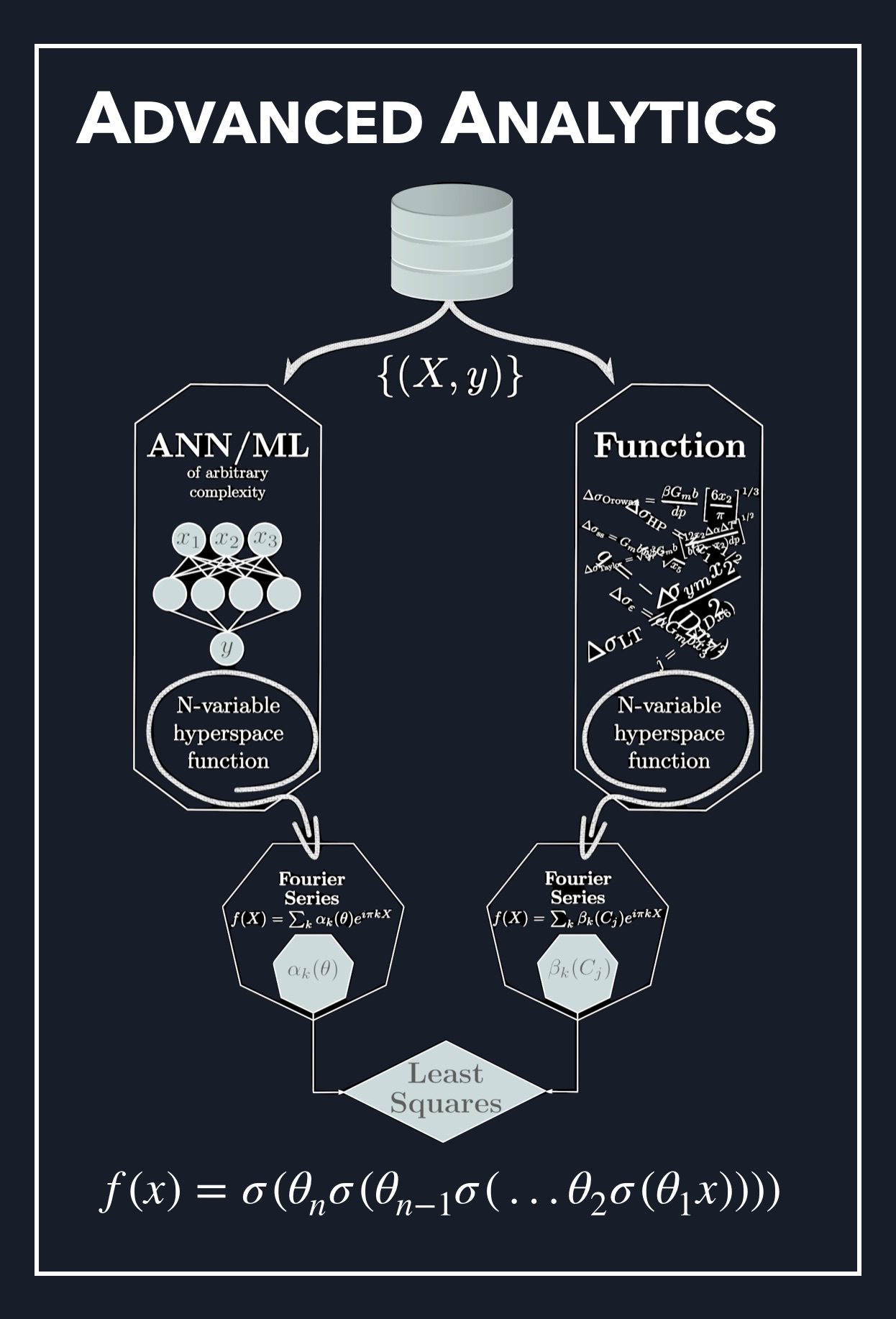Welcome to the Collins Research Group
We are a part of the Department of Materials Science and Engineering at Iowa State University. We take to heart and truly value the mission of a Land Grant research institution, where we: discover new knowledge, disseminate that knowledge, and use that knowledge to benefit others. In other words, we value research, education, and service.
We have four core strengths of our research group: advanced materials, processes, characterization, and analytics. In each, we innovate to discover new science to solve challenging problems
Advanced Materials:
We are materials scientists, rooted in physical metallurgy.
We specialize in establishing the composition, processing, microstructure, property, and performance relationship in metallic materials. We specialize in non-ferrous structural alloys.
While the majority of our research involves titanium (Ti) and its alloys, we also work with superalloys (both Ni and Co-based), and other light metals such as aluminum and magnesium. We have, less often, worked with other materials including Zr, Zn, Ta, Nb, Mo-based, and others.


Advanced Processes:
Materials properties depend upon their materials state, which is set by the physics of the manufacturing process.
Advanced materials are often enabled by advances in processing. We understand that it is important for materials scientists to understand the physics of the manufacturing processes. While we specialize in additive manufacturing, we understand that a wide variety of other advanced processes result in high-performance and hybrid materials.
With respect to additive manufacturing, we study and have worked with virtually all variants, from small scale for electronic devices to half ton builds, and from lasers to electron beams to plasmas.
Advanced Characterization:
We must “see” the materials state to understand materials behavior.
We are microscopists, primarily using photons, electrons, and x-rays to probe the material state, including its chemical state, microstructure, and defect structure across length scales and in 2D, 3D, and 4D.
We are constantly pushing the bounds of what is traditionally done, and aim to make the impossible possible. We have pioneered or been early adopters of multiple methods, from the nanometer to the decimeter. Simultaneously, we strive to quantify the material state in as accurate, precise, and complete way as possible.


Advanced Analytics:
Materials are complex, and their behavior depends upon physics that span across length and time scales, often in ways we don’t understand.
We develop new ways of analyzing data to let us see beyond what we already know. This involves us not only using high fidelity data, but also innovating machine learning strategies. We have a particular interest in extracting physics while using machine learning and analytical approaches.
Our end goal: to understand the problems that we have been tasked with solving at a fundamental level while providing tools that are practical and computationally efficient to design engineers.